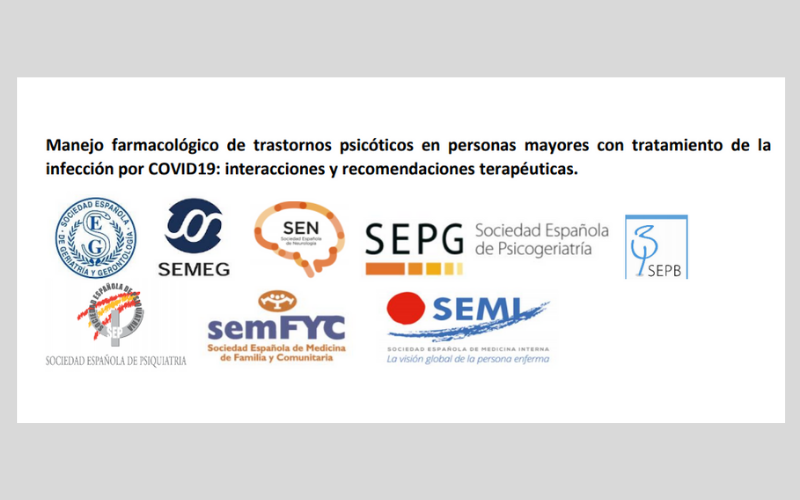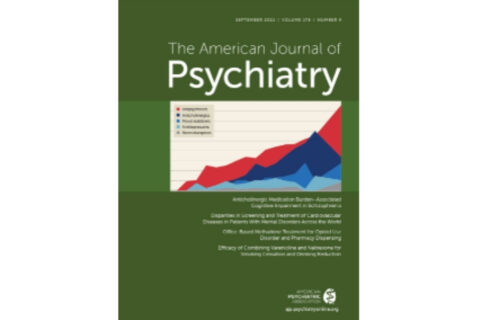
American Journal of Psychiatry
Fecha de publicación: 12 March 2020
DOI: https://doi.org/10.1176/appi.ajp.2019.19030261
Autores: Walter H. Kaye, M.D., Christina E. Wierenga, Ph.D., Amanda Bischoff-Grethe, Ph.D., Laura A. Berner, Ph.D., Alice V. Ely, Ph.D., Ursula F. Bailer, M.D., Martin P. Paulus, M.D., Julie L. Fudge, M.D.
Background: Anorexia nervosa has the highest mortality rate of any psychiatric condition, yet the pathophysiology of this disorder and its primary symptom, extreme dietary restriction, remains poorly understood. In states of hunger relative to satiety, the rewarding value of food stimuli normally increases to promote eating, yet individuals with anorexia nervosa avoid food despite emaciation. This study’s aim was to examine potential neural insensitivity to these effects of hunger in anorexia nervosa.





